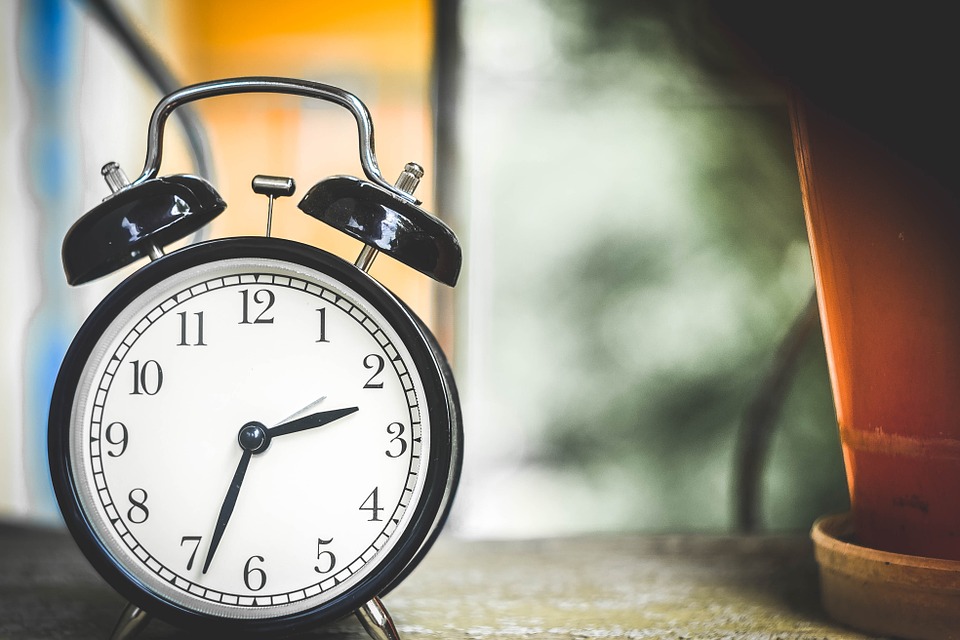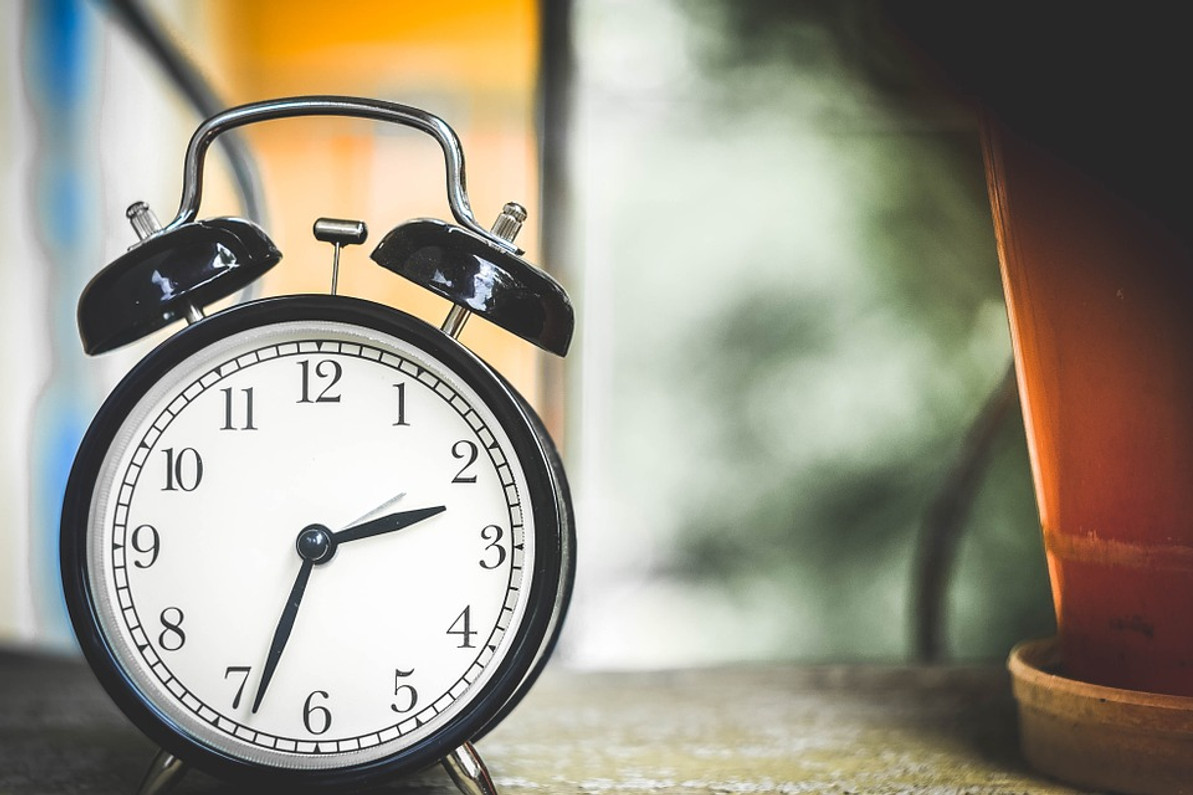Is Daylight Savings Time Bad for Your Health?

In case you didn't get the memo, Daylight Savings Time occurred on Nov. 3, 2019. At 2:00 a.m., Americans from the East Coast to the West Coast had to roll back their clocks. While many people accepted this change as being an hour of extra sleep, it could have some negative effects on your health.
Harder to Fall Asleep and Stay Asleep
Our bodies rely on an internal clock, known as the circadian clock or circadian rhythm, to fall asleep and stay asleep. When you go bed and wake up at roughly the same time each day, your body will fall until a rhythm. As a result, you'll fall asleep and stay asleep more easily. Daylight Savings Time, however, interferes with your body's circadian rhythm, resulting in a greater risk of insomnia and other sleeping disorders.
Increased Risk of Heart Attack
Not only does Daylight Savings Time interfere with your sleep; it may increase your risk of heart attack as well. Research has shown that heart attacks tend to spike in the days following Daylight Savings Time. While the exact cause is unknown, some experts theorize that it's related to the way in which blood clots in the early morning hours. During the morning, blood clots more quickly. Therefore, people who wake up earlier in the morning because of Daylight Savings Time are more likely to experience a heart attack.
Increased Risk of Injury
Daylight Savings Time can even increase your risk of physical injury. When you don't get enough sleep at night, your motor skills become impaired. It will take your brain longer to process thoughts and convert them into actions. Because of this, you may make an error or mistake at work that leads to physical injury.
How to Stay Healthy During Daylight Savings Time
You can't control the time, nor can you stop Daylight Savings Time from occurring. While some experts believe we should eliminate Daylight Savings Time altogether, there's no sign of the United States -- or Canada for that matter -- of abandoning it anytime soon. You can, however, take measures to ensure your health during these twice-a-year time changes.
Perhaps the most important tip is to allow your body to adjust to the new time. In other words, go around your home and reset all the clocks to reflect the new time. By seeing the new time each time you glance at a clock, your body will acclimate itself to the new time. You can also adjust to Daylight Savings Time by getting plenty of sleep. If you're struggling to fall asleep or stay asleep, try engaging in deep breathing exercises shortly before bed.
Recent Posts
-
Fire Safety in the Workplace: What You Need to Know
What steps are you taking to prevent fires in your workplace? According to the U.S. Occupational Saf …Aug 23rd 2023 -
Is It Safe to Go Jogging With a Cold Infection?
If you're suffering from a cold infection, you might be wondering whether it's safe to go jogging. T …Aug 22nd 2023 -
5 Safety Tips to Follow When Using a Powder-Actuated Tool
Powder-actuated tools are commonly used to join materials to steel and concrete. Also known as Hilti …Aug 20th 2023




